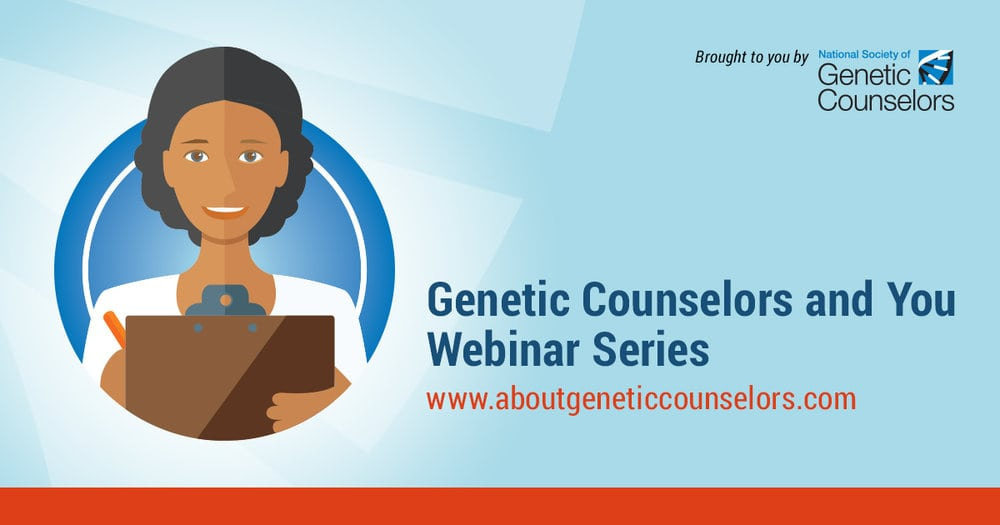
The National Society of Genetic Counselors (NSGC) has introduced a new webinar series, “Genetic Counselors and You” hosted by genetic counselors from a variety of fields. Webinars are live and the recording can be accessed later if you miss the streaming. Registration is free and open to the public.

Photo Credit: Hahn’s LinkedIn Profile
The most recent webinar, “My Risk for Alzheimer’s Disease: Is the Answer in My Genes?”, was hosted by Susan Hahn, MS CGC. Hahn provided an overview of Alzheimer’s disease, the role genetics plays in disease risk, and how genetic testing for Alzheimer’s differs from other types of genetic testing. You can watch the recording here.
Susan Hahn is a Neurogenetic Outreach Specialist at Quest Diagnostics. She conducts clinical consultations to assist providers with test identification and selection, result interpretation, and appropriate management. Hahn served as President of the American Board of Genetic Counseling, is member of the American College of Medical Genetics, and is an active NSGC leader
To kick-off her webinar Hahn explains why Alzheimer’s disease is such an important topic. Firstly, it is one of the most feared disease in America. Alzheimer’s disease is the only condition among top 10 causes of death with no cure or treatment and affects 5 million people in US. For the overall population, the lifetime risk of developing the disease is 10-15%. Hahn also cleared up a common misconception, the term dementia is not interchangeable for Alzheimer’s disease. Rather, Alzheimer’s disease is the most common type of dementia.
Hahn’s Key Points:
- Even in the absence of family history we are all at risk for Alzheimer’s Disease
- The gene, APOE, is neither necessary nor sufficient alone to cause Alzheimer’s Disease
- Genetic Counselors work with you to understand your genetic risk, genetic testing and genetic testing results. They also help you adapt to and understand this information.
Hahn explores the types of Alzheimer’s Disease, which can be categorized into Mendelian, complex family and sporadic. She also explains APOE’s correlation with Alzheimer’s Disease and the risk information provided by APOE genetic test results. It is recommended that prior to testing patients first meet with a genetic counselor to learn more the risks/benefits/limitations of genetic testing for Alzheimer’s Disease.
Register for the next “Genetic Counselors and You” webinar, “Rare Disease: What Role Do Genetics Play?” on 8/22 at 8pm ET.

